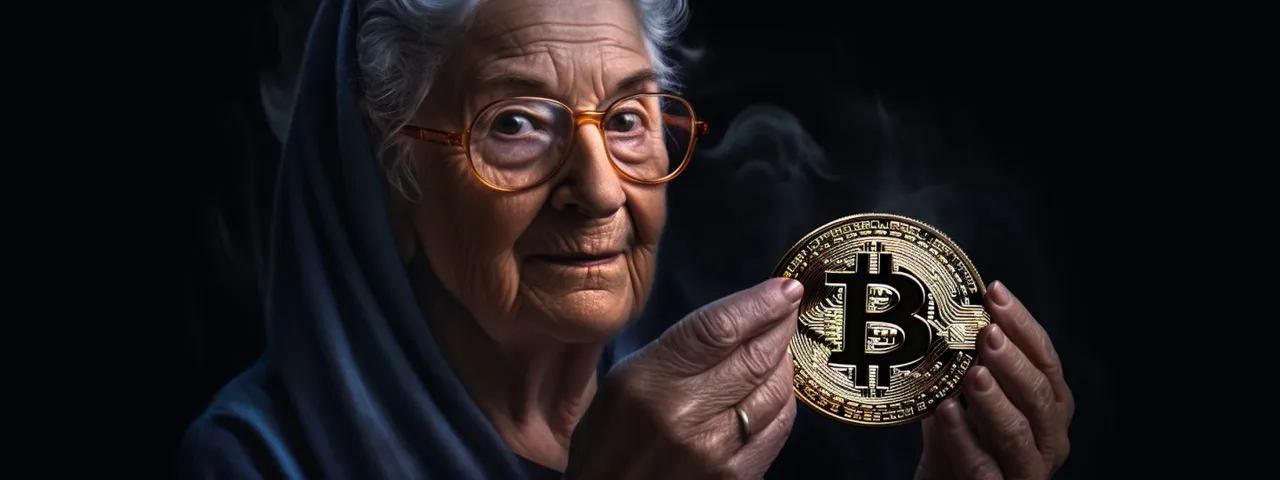Let's simplify it.
Over the past months, ARK and Blackrock, two of the biggest investment management firms in the US, filled for a Bitcoin ETF.
This filling is done to the SEC.
The SEC deals with everything related to regulations on everything-money.
They basically decide what needs regulation (securities vs commodities), and then regulate it.
They are dinosaurs.
They understand the traditional financial market, after all, most if not all of the key players in the SEC are old people.
But they understand nothing related to cryptocurrencies.

Yet, they consider themselves capable and able to decide, or at least try to decide, how cryptocurrency falls into the broader panorama of securities in the US.
These are the guys who said that Ripple - the token - was a security, only to lose against the XRP chads a couple of years later.
They appealed, and a judge denied them the appeal.
Ripple is not a security.
They also decided that Bitcoin is a commodity, not a security.
This decision came after a few years of the SEC, leaded by Gary Gensler, shouting to the four winds that Bitcoin was a security.
Securities vs Commodities
Long story short and dumbed down as hell, if you buy something to use it, it's a commodity. If you buy something as an investment, it's a security.
One of the arguments for Bitcoin being considered a commodity is that you are buying it as a store of value. The fact that the market and the scarce nature of BTC decides that more people want to buy rather than sell, thus appreciating the asset, doesn't make it a security.
One of the arguments against other cryptocurrencies - or FriendTech keys - is that people expressly buy the asset expecting to financially profit from the purchase... because there is no other intrinsic value to buying and holding that asset except for making more money than what you spent, thus making it an investment.

Again, I'm dumbing it down for those who don't want to dive deeper into this.
But that is basically the difference.
Bitcoin Spot ETFs
A Spot ETF for Bitcoin, for the uninitiated, means that it is going legit. Once one ETF gets approved, no matter what investment management firm gets it, it allows for traditional money and finance to buy Bitcoin.
It basically allows all of this old money to come in the coliseum legally and without worrying about the legal aspects of buying and holding BTC.
It allows retirement funds and traditional money managers to, through Ark or Blackrock or any of the other smaller players, invest in Bitcoin and provide dividends to their clients without any issues.
This means that your grandpa can now buy Bitcoin through an intermediary without knowing anything about the asset and letting their fund manager to call the shots.
That's pretty anti crypto if you ask me, but meh.
There are already Futures BTC ETFs, but not Spot ETFs.
A key difference between these two is that Futures allows investors and managers to play with BTC as part of a basket of assets. A Spot ETF allows them to buy BTC as a single asset and put it down in the accounting sheets as its own line in the list.
A Futures BTC ETF also allows customers to play with Bitcoin without actually owning any coins, all done through an intermediary that knows what they're doing.
A BTC Spot ETF allows customers to buy BTC and then let their handlers to decide what to do with it, but while actually owning that BTC.
Simply said: A BTC Spot allows your grandma to own BTC through an intermediary without knowing anything about the asset.
Still, not your keys not your wallet.
But we were never expecting these people to understand the very basics of Cryptocurrency.

Let them pump our bags.